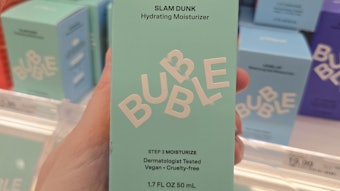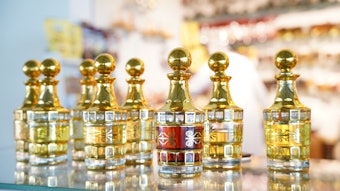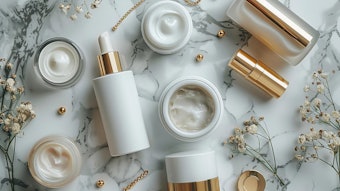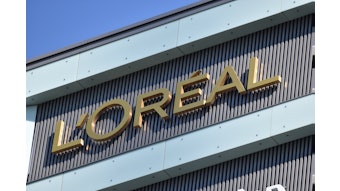Euromonitor International analyst Anais Mirval wrote in a blog post that peptides have been used primarily to provide firming and anti-wrinkle properties but they are now spreading. Indeed, in the sun care industry, "melanin-activating peptides (MAPs) [are] now gaining momentum in self-tanning thanks to their efficacy." However, she adds that ingredient manufacturers could increase sales by promoting their use in multifunctional skin care products.
"Self-tanning accounts for only 5% of the global sun care market both in value and volume terms and is restricted to developed markets, with North America and Western Europe making up almost 80% of total sales," wrote Mirval. To revive the category, manufacturers are moving into areas such as sensitive or acne-prone skin, or even packaging innovations.
"Although niche at the moment, we can expect a growing number of self-tanning products to include [MAPs] n their formulations," added Mirval. "Self-tanning manufacturers are likely to be inspired by the cross-over with skin care initiated by sun protection manufacturers. In order to compete against other categories and brands, a common tactic has been to launch products [that] offer as many different functions as possible, from moisturizing to anti-aging benefits."










